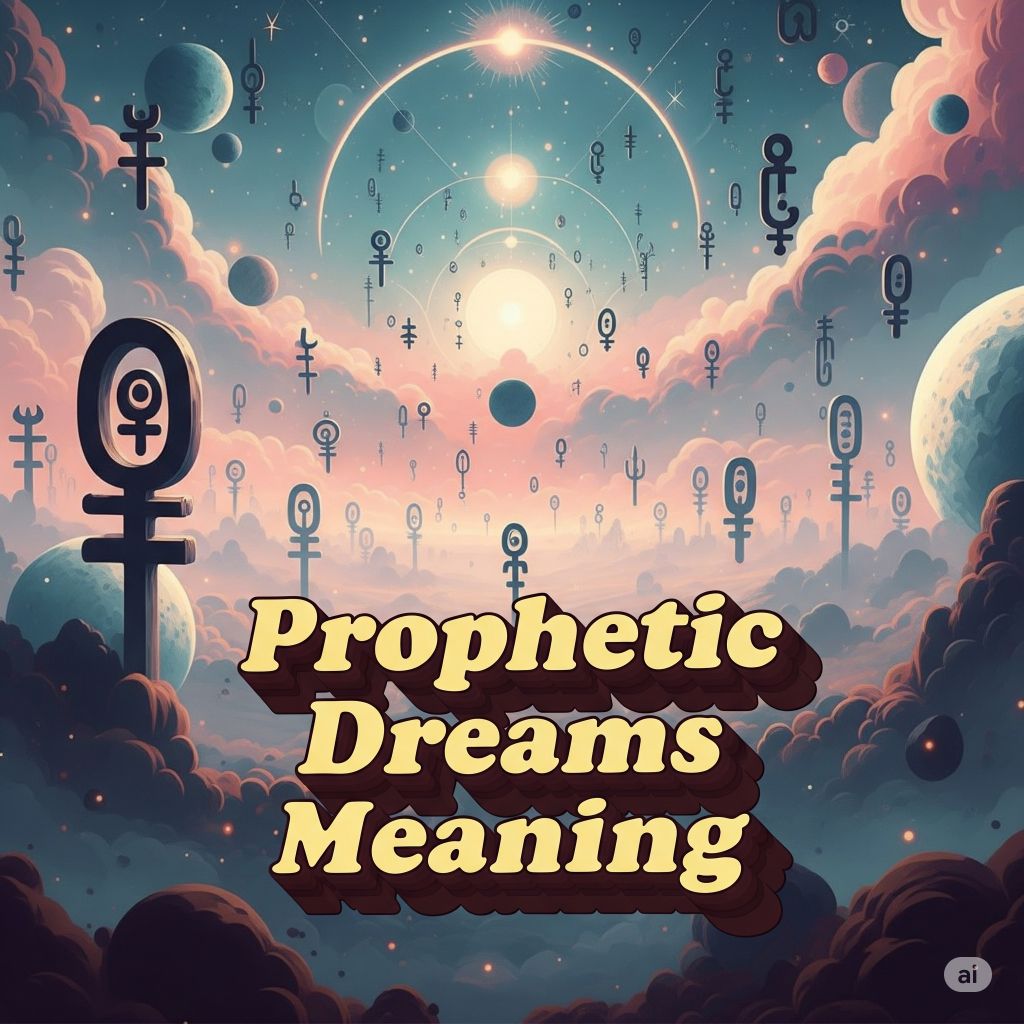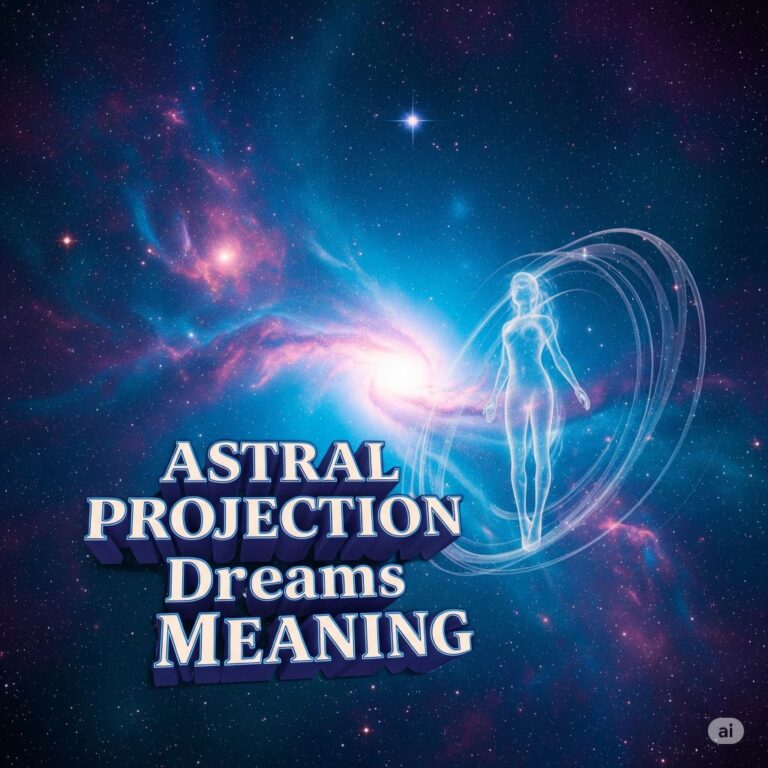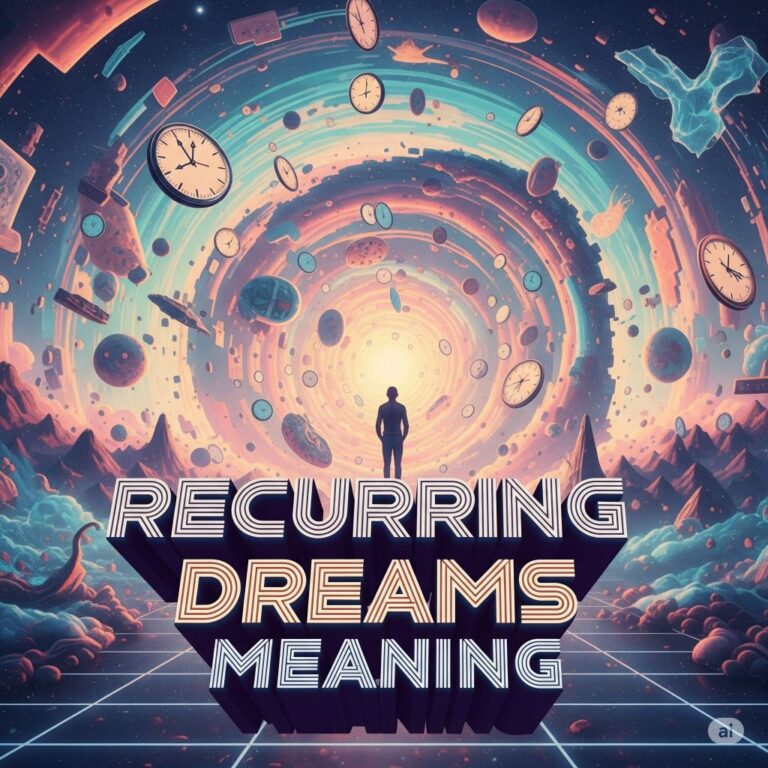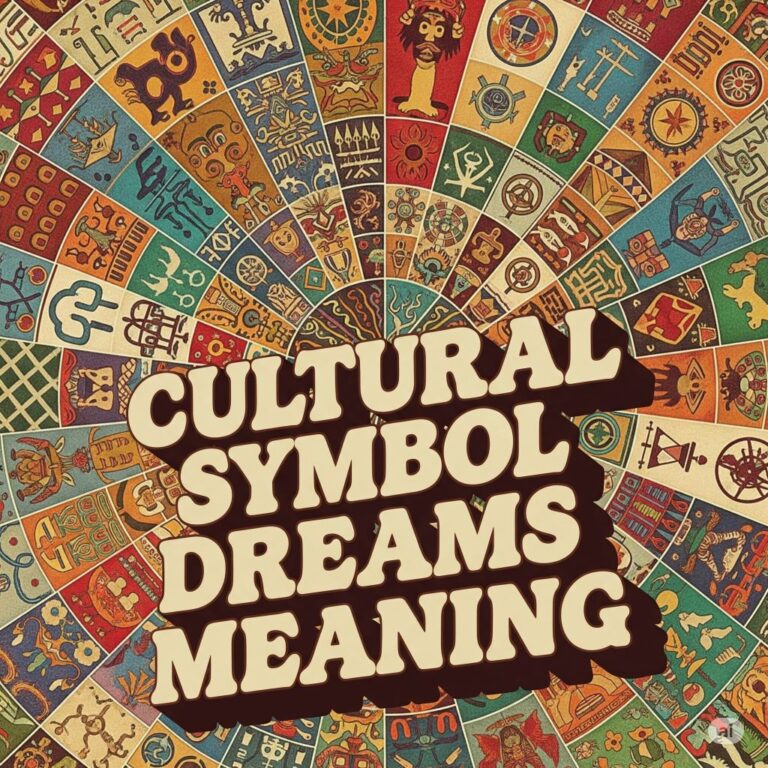
Dreams have long been considered a window into the subconscious, a realm where the ordinary rules of time and space sometimes seem to bend. Among the most intriguing and often debated categories are prophetic dreams—those that appear to reveal information about future events, often beyond the dreamer’s current knowledge or logical deduction. These dreams can range from subtle premonitions to vivid, detailed visions that seemingly “come true” in waking life.
This article delves into the phenomenon of prophetic dreams, examining their diverse meanings, interpretations from various viewpoints, historical and real-world accounts, and their cultural and spiritual significance. The aim is to present information based on reported experiences and established perspectives, avoiding speculative or hypothetical content.
What Are Prophetic Dreams?
Prophetic dreams are defined as dreams that are believed to provide insight into future events or to communicate truths that are not accessible through normal sensory channels. They are characterized by a sense of foreknowledge, revelation, or premonition. Upon waking, the dreamer may have a strong conviction that the dream content will manifest in reality, or they may only recognize its prophetic nature after the event has occurred.
These dreams differ from ordinary dreams in their perceived informational content concerning the future. They are often highly vivid, emotionally charged, and leave a lasting impression on the dreamer.
Types of Prophetic Dreams
Prophetic dreams can manifest in various ways:
- Direct Prophecy: The dream directly shows a future event as it will unfold, with clear details and narrative.
- Symbolic Prophecy: The dream presents future events through metaphors, allegories, or symbolic imagery that requires interpretation.
- Premonitions/Intuitive Dreams: A less detailed form, where the dream instills a strong feeling, sense, or intuition about a future occurrence without explicit visual details.
- Warning Dreams: These dreams reveal a potential negative future event, often allowing the dreamer or others to take preventative action.
Psychological Perspectives
From a strictly psychological standpoint, the concept of prophetic dreams often meets with skepticism, primarily due to the lack of empirical evidence and the difficulty of scientific replication. However, psychologists offer alternative explanations for experiences perceived as prophetic:
- Coincidence and Confirmation Bias:
The human mind is adept at finding patterns. Given the vast number of dreams individuals have, it’s statistically probable that some will coincidentally align with future events. When such an alignment occurs, confirmation bias leads people to remember and emphasize the “hit” while forgetting the many “misses” (dreams that did not come true). Table 1: Dream-Reality Correlation Dream Outcome Psychological Interpretation Dream Comes True Confirmation Bias, Coincidence Dream Does Not Come True Forgotten, Ignored Vague Dream Matches Reality Vague Interpretation, Selective Memory Specific Dream Matches Reality Stronger Coincidence, Anecdotal - Subconscious Processing and Intuition:
The subconscious mind continuously gathers and processes vast amounts of information, including subtle cues and patterns that the conscious mind overlooks. A “prophetic” dream might be the subconscious mind making a logical deduction or an intuitive leap based on existing information. For example, dreaming of a friend’s accident after noticing their reckless driving could be an intuitive synthesis of observed behavior. - Pre-cognition vs. Pre-meditation:
- Pre-cognition (Foresight): The belief that one gains knowledge of future events before they happen.
- Pre-meditation (Pre-action): Dreams that influence a person’s behavior, leading them to act in ways that inadvertently bring about the dream’s content. For instance, dreaming of meeting someone might make you more likely to go to places where you might encounter them.
- Wish Fulfillment or Fear Manifestation:
Dreams might reflect deep-seated desires or anxieties about the future. If a desired or feared event then occurs, it can be misattributed to prophecy rather than the strong emotional focus having influenced the dream content.
Spiritual and Metaphysical Perspectives
In many spiritual and metaphysical traditions, prophetic dreams are accepted as genuine phenomena, seen as a form of divine communication, psychic ability, or insight into the interconnectedness of reality.
- Divine Communication:
Across various faiths, dreams are considered a primary channel through which deities, spirits, or higher powers convey messages, warnings, or guidance to individuals. This perspective often emphasizes the need for spiritual receptivity and interpretation. - Psychic Abilities (Precognition):
From a parapsychological viewpoint, prophetic dreams are examples of precognition—the ability to perceive future events. Proponents suggest that the dream state, with its reduced sensory input, allows for greater access to extrasensory perception. - Akashic Records/Universal Consciousness:
Some belief systems posit the existence of a universal energetic database (Akashic Records) or a collective consciousness that contains all past, present, and future information. Dreams, in this view, can tap into this universal knowledge. - Interconnectedness:
The idea that all things are subtly interconnected, and that future events exist as potential probabilities that can be intuitively “sensed” or “seen” in certain states of consciousness, including dreams.
Biblical Meanings and Examples
The Bible contains numerous accounts of prophetic dreams, making them a significant aspect of its narratives and theological understanding. These dreams are often direct messages from God, intended to convey warnings, reveal future events, or provide divine guidance.
Chart 1: Biblical Prophetic Dreams
| Dreamer | Dream Content | Interpretation/Outcome | Biblical Reference |
|---|---|---|---|
| Joseph | Sheaves bowing, sun/moon/stars bowing to him | Foreshadowed his future rise to power over his family | Genesis 37 |
| Pharaoh | Seven fat/lean cows; seven good/blighted ears of grain | Foreshadowed seven years of plenty followed by seven years of famine in Egypt | Genesis 41 |
| Nebuchadnezzar | Statue of various materials (gold, silver, bronze, iron, clay) | Foreshadowed a succession of world empires | Daniel 2 |
| Daniel | Four great beasts from the sea | Foreshadowed four great kingdoms and the ultimate triumph of God’s kingdom | Daniel 7 |
| Wise Men | Warned in a dream not to return to Herod | Led them to return to their country by another route, protecting Jesus | Matthew 2:12 |
| Joseph (Jesus’ father) | Angel appears in dream, warns him to flee to Egypt | Ensured the safety of Jesus from Herod’s massacre | Matthew 2:13 |
In biblical contexts, dreams were not random; they were often seen as a legitimate means of divine communication, typically requiring divine interpretation (as with Joseph and Daniel). The emphasis is on God revealing His will or future plans to chosen individuals.
Real-World Reports and Anecdotal Evidence
While scientific studies struggle to validate precognitive dreams due to methodological challenges, anecdotal evidence and documented personal accounts of prophetic dreams are widespread. These reports often come from diverse individuals and include various types of events.
- Disaster Warnings: Numerous individuals have reported dreaming of specific disasters (e.g., plane crashes, earthquakes, building collapses) shortly before they occurred. One notable example is the “Aberfan disaster” in 1966, where several people reportedly had premonitions or dreams of the mining slag heap collapsing on a school in Wales, resulting in many deaths. A small study was even conducted on these specific premonitions.
- Personal Events: Dreams about births, deaths, marriages, or significant encounters are commonly reported. For instance, a person might dream of a distant relative’s death, only to receive news of it the next day.
- Small, Specific Details: Sometimes, the prophetic nature lies in mundane but highly specific details, like dreaming of a particular phrase being said by someone you encounter the next day.
- Financial or Career Outcomes: Individuals have reported dreams that accurately predicted stock market movements or career opportunities.
It is crucial to note that such reports, while compelling, remain anecdotal. They are collected after the event, subject to memory biases, and lack the rigorous controls of scientific experimentation. However, their consistency across cultures and time prompts continued interest and investigation in the field of parapsychology.
Challenges and Considerations
- Vagueness of Dreams: Many dreams are inherently vague or symbolic, allowing for multiple interpretations that can retrospectively fit future events.
- Retrospective Interpretation: The tendency to interpret a dream as prophetic only after an event has happened, often selectively recalling parts of the dream that align.
- Misattribution: Attributing coincidence to prophecy.
- Memory Distortion: Human memory is fallible and can unconsciously alter dream details over time to better fit subsequent events.
Conclusion
Prophetic dreams stand at the crossroads of psychological inquiry, spiritual belief, and anecdotal experience. While scientific frameworks often explain them through coincidence, confirmation bias, or subconscious processing, many cultures and individuals continue to embrace them as genuine sources of foreknowledge or divine communication. From biblical narratives to modern-day personal accounts, the phenomenon of dreams seemingly revealing the future remains a compelling aspect of human consciousness.
Ultimately, whether viewed as psychological curiosities or profound spiritual messages, prophetic dreams underscore the intricate and often mysterious workings of the human mind, inviting ongoing exploration into the nature of perception, time, and consciousness itself.






